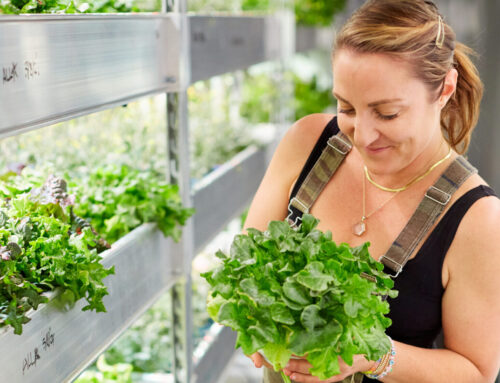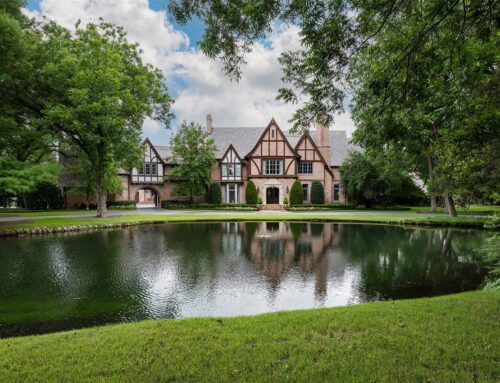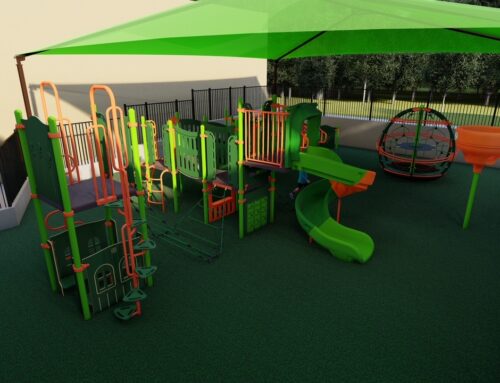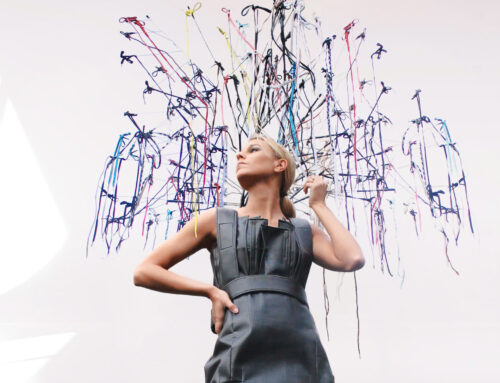Hillcrest students spend their weekends conducting biomedical research
Every week, huddled over lab notebooks and testing equipment, students record data and map out procedures for experiments that shed light on what makes the human pancreas tick.
But this isn’t biology class. It’s a typical Saturday morning at one of the top biomedical research labs in the country. And these aren’t graduate students, they’re some of Hillcrest High School’s amateur scientists.
The Hillcrest Biomedical Group conducts actual, scientific research in the MacDonald Laboratory at UT Southwestern Medical Center, executing graduate-level procedures. Each year, the students attend the annual conference for the American Society for Biochemistry and Molecular Biology, hearing from thousands of scientists from around the globe, including Nobel Prize winners. Last year, Hillcrest students presented their own research on protein modeling.
Kelly Stein, Biomedical Group president and Hillcrest senior, says they were probably the only high school group attending the conference, much less sharing work.
“It was just us and other graduate students,” she says. “You could tell they were impressed.”
Hillcrest science teacher Dr. Ward Coats advises the extracurricular group, recruiting students who commit to work at least two shifts in the lab each month. Several students even spent 40 hours a week in the lab over the summer.
“We’re trying to put young people into the life sciences because there just aren’t enough people doing that,” he says.
In March, Coats received a $10,000 grant from Toyota and the National Science Teachers Association for his innovative work in secondary science education. The award helps fund the students’ research.
This year’s project involves the crystallization of proteins, analyzing the transcription factor PTF1 — a key regulator of pancreatic development in the embryonic stage. When students isolate it, they can determine its function and identify where it bonds within the entire genome. Eventually, they could discover where the organ doesn’t develop properly in specific genes.
Lauren Schuller has been in the Biomedical Group since her freshman year, when all the formulas and apparatuses seemed quite complicated — way beyond what’s covered in class. Now, as a senior, she nods her head as Coats helps plan out procedures in the lab, sometimes beating him to the answers.
“We come in as freshmen, and everything is new, the equipment is new,” Schuller says. “It’s very intimidating, but we work through it. We’ve learned a lot.”
Coats says the students are performing procedures that he didn’t know how to do until graduate school, when he worked in the lab until all hours of the morning.
“The best thing you’ll ever experience is when an experiment that you designed works, and it gives you that ‘aha’ moment,” he tells his students.
But like any successful school program, parent involvement is key, Coats says, from making sure the students get to the lab each week to leading important fundraising initiatives such as the pajama sale, which will help send the students to the April ASBMB conference in Washington, D.C., where they plan to present their research again.
“Without the parents, this program would not exist,” he says.
Alisann Marshall, whose daughter, Andrea, has been a long-time participant in the group, says the experience these students receive each week automatically makes their résumés stand out.
“When you’re 17 years old, to be able to say that your first work experience was at a biomedical lab, that’s pretty good,” Marshall says.
To remain in the group, students must maintain passing grades. That’s a cinch for these wiz kids who take all Advanced Placement classes and juggle other extracurricular activities such as cheerleading, volleyball and National Honor Society.
For Nicholas Osborn, a National Merit Scholar semifinalist, the Biomedical Group has been invaluable. In fact, he transferred to Hillcrest from a private school in Mesquite for the program — something he’d never seen at the high school level.
“This is practically unprecedented,” Osborn says. “At the end of sophomore year, I was simply sold. Biology is my passion. This just resonates with me.”
Support Hillcrest Biomedical Group
The group is selling pajamas, three pair for $25, through mid-December. The fundraiser will help send the students to the American Society for Biochemistry and Molecular Biology conference in Washington, D.C. Email Jan Osborn at janosborn@sbcglobal.com. The students also will have a booth Nov. 19-21at the Lovers Lane United Methodist Church marketplace, 9200 Inwood.







